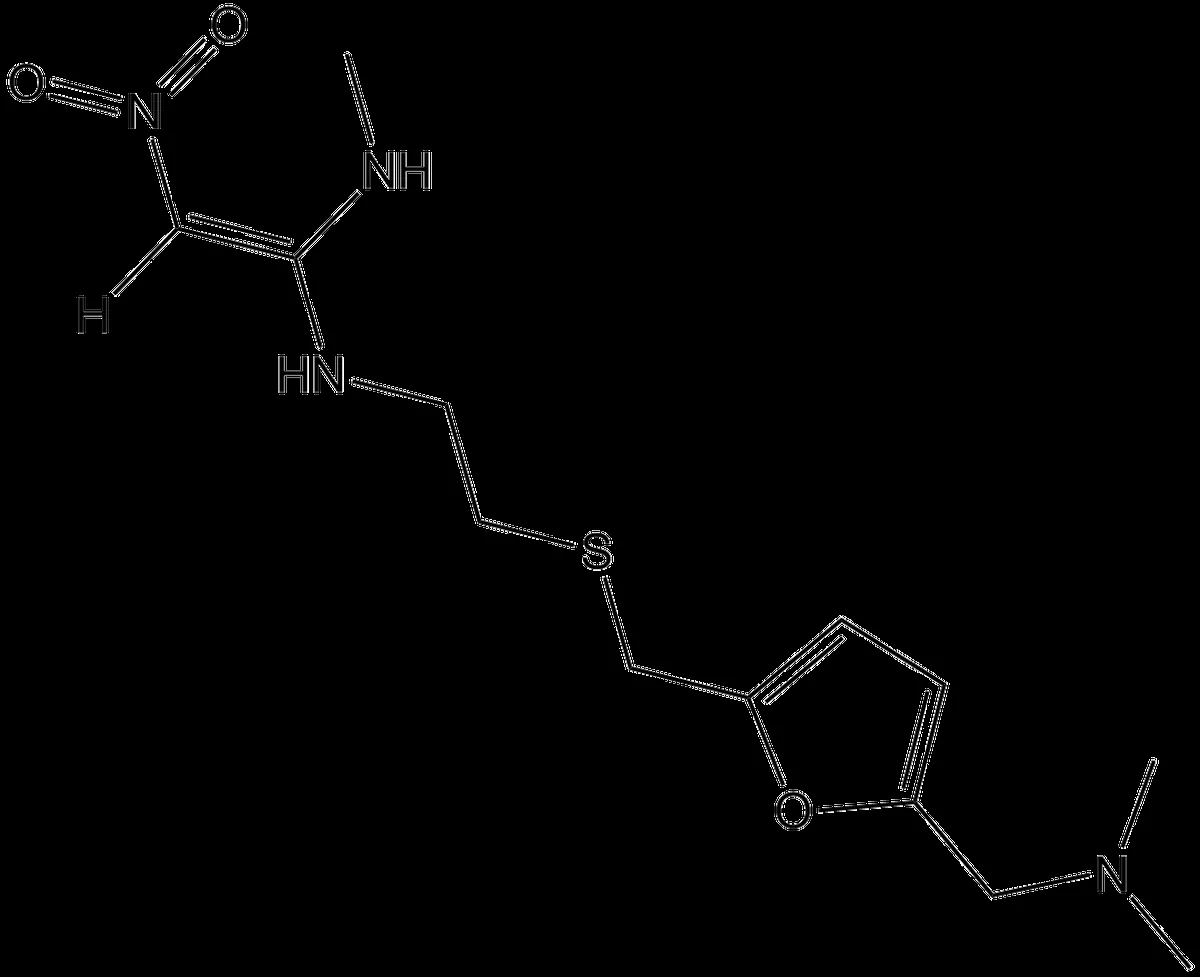Delaware Court to Hear Drugmakers' Appeal in Massive Zantac Lawsuit
Delaware's highest court will review an appeal by pharmaceutical companies to dismiss over 70,000 lawsuits linking Zantac to cancer. The case centers on the scientific validity of expert testimony.

Delaware's Supreme Court has agreed to review an appeal by pharmaceutical giants GSK, Pfizer, Sanofi, and Boehringer Ingelheim regarding lawsuits claiming their discontinued heartburn medication, Zantac, caused cancer. This decision marks a crucial development in one of the largest mass torts in U.S. history.
The appeal challenges a lower court's decision to allow expert testimony on the alleged cancer link, which the companies argue lacks scientific merit. This testimony is central to over 70,000 lawsuits filed against the manufacturers.
Zantac, containing the active ingredient ranitidine, has a long history in the pharmaceutical industry. First approved by U.S. regulators in 1983, it quickly rose to prominence, becoming the world's best-selling medicine by 1988. At its peak, Zantac generated over $1 billion in annual sales for its original developer, Glaxo Holdings Ltd (now part of GSK).

The medication's fall from grace began in 2020 when the U.S. Food and Drug Administration (FDA) requested its removal from the market. This decision was based on concerns that ranitidine could degrade into N-Nitrosodimethylamine (NDMA), a probable human carcinogen, under certain conditions. This led to a global recall of ranitidine products and similar actions by regulatory bodies worldwide, including the European Medicines Agency.
"The FDA has determined that the impurity in some ranitidine products increases over time and when stored at higher than room temperatures may result in consumer exposure to unacceptable levels of this impurity."
It's worth noting that NDMA is not unique to Zantac; it's found in low levels in many foods and water supplies. The scientific community continues to debate whether the levels of NDMA potentially formed from ranitidine are clinically significant.
The ongoing litigation has seen three Zantac cases go to trial so far, with two resulting in verdicts favoring the defense and one ending with a hung jury. These outcomes highlight the complexity of the scientific and legal issues at stake.
As the Delaware Supreme Court prepares to hear the appeal, the pharmaceutical industry and legal observers are closely watching. The decision could have far-reaching implications for the future of Zantac-related litigation and the broader landscape of pharmaceutical liability cases.
In response to the controversy, Zantac was reformulated in 2021 using a different active ingredient, famotidine. However, the legal battles surrounding its predecessor continue to unfold, underscoring the ongoing challenges in balancing medical innovation with patient safety.


































